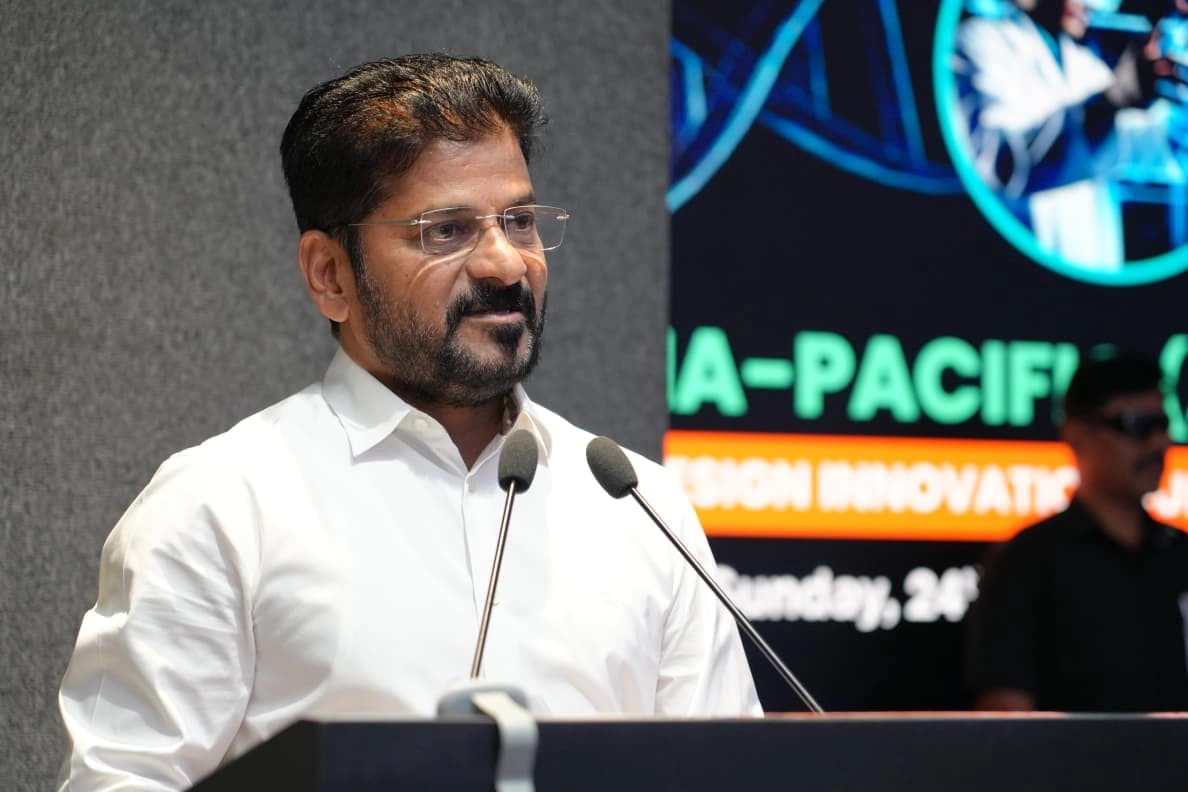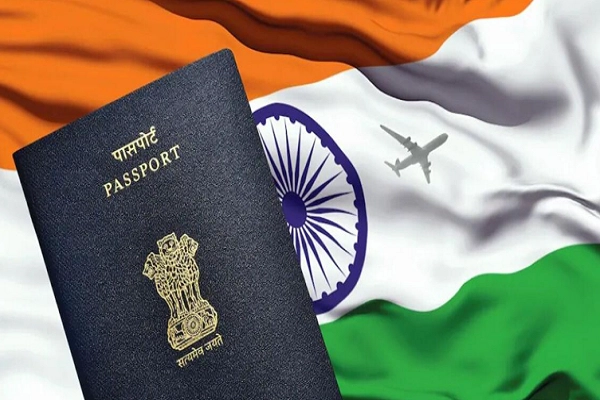The term “snapback” refers to a mechanism embedded in international agreements, particularly the Joint Comprehensive Plan of Action (JCPOA), which was established to curb Iran’s nuclear program. Under this mechanism, any signatory to the agreement can trigger a re-imposition of sanctions if they believe Iran is in violation of its commitments. This process allows for a rapid return to previous sanctions without the need for prolonged negotiations or approval from other parties. The snapback provision serves as a critical tool for ensuring compliance, aiming to deter Iran from advancing its nuclear capabilities beyond the agreed limits.
Recently, several European nations have taken steps to activate the snapback mechanism in response to Iran’s actions that are perceived as violations of the JCPOA stipulations. These nations are concerned about Iran’s increasing uranium enrichment levels and its lack of transparency regarding nuclear activities. By invoking the snapback provisions, they seek to reinstate the sanctions that were lifted under the agreement, thereby applying pressure on Tehran to adhere to its obligations. This move is indicative of a growing frustration among European countries, who feel that diplomatic efforts to engage Iran have not yielded the desired results.
The implications of activating the snapback mechanism are significant for international relations, particularly in the context of the ongoing tensions between Iran and Western nations. If sanctions are reinstated, it could lead to further escalation in the region, potentially impacting global oil markets and international diplomatic relations. Moreover, it threatens to isolate Iran further on the world stage, making it challenging for the country to engage in future negotiations. The snapback mechanism, while designed to ensure compliance, could inadvertently lead to a cycle of retaliation and mistrust, complicating the already delicate balance of power in the Middle East.
In response to these developments, Iran has expressed strong opposition, arguing that the European nations lack the legal authority to trigger snapback sanctions unilaterally. Iranian officials maintain that any such actions would be seen as a breach of the agreement itself, further straining the already tenuous relationship between Iran and the West. The situation underscores the complexities of international diplomacy, where agreements designed to foster peace and stability can quickly devolve into disputes over compliance and enforcement. As the world watches these unfolding events, the effectiveness and future of the JCPOA remain uncertain, with the potential for both diplomatic breakthroughs and significant geopolitical turmoil hanging in the balance.




